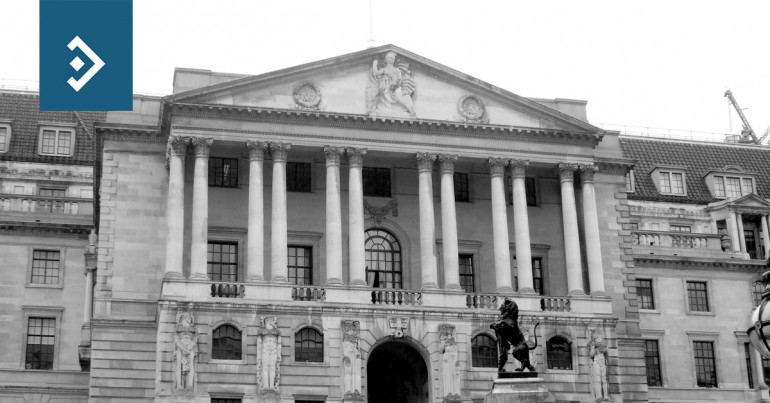
Sterling awaits Parliamentary vote
Morning mid-market rates – The majors
January 10th: Highlights
- Votes on minor amendments show MPs intent
- Euro higher despite soft data
- Defensive Powell to reiterate data-driven stance
“My deal or no deal”
However, it seems that no matter what powers Parliament gives itself, the outcome of a no vote next week is likely to mean that the UK leaves the EU with no agreement on a future relationship and it will depart both the customs union and single market.
Prime Minister Theresa May has given the stark warning that the choice is between her deal and no deal. The EU is not going to reopen negotiations as they say that the negotiation period is over and the deal on the table is the only one available.
Various polls have been released over the past few days, optimistically predicting the path for Sterling should Parliament either accept Mrs. May’s deal or something unexpected should happen and a deal which provides a soft Bexit emerge.
The consensus is that the pound will rally around 5% versus the dollar and a little more versus the euro. That would mean a pound trading at around 1.3450 and 1.1700 versus the dollar and euro respectively. Given the current weakness of those two, I would expect a more violent rally as a scramble to cover short speculative positions leads to a lack of liquidity.
Yesterday the pound traded between 1.2704 and 1.2804 versus the dollar closing with a couple of pips of its high. It has corrected a little overnight but, until next weeks vote, it will be reactive to the drivers of both the dollar and single currency.
Considering your next transfer? Log in to compare live quotes today.
Euro breaks resistance despite growth concerns
The single currency reached a high of 1.1558 and has continued to climb, albeit in thin trade, overnight. This rally can be termed “technical” as there will have been several short positions liquidated which leads to virtually “self-fulfilling prophecy” following the break of a significant technical level.
The euro also rallied versus the pound which illustrates that there is greater demand for the single currency than for the pound as the greenback weakens.
With weak data from the major Eurozone economies, no monetary policy factors available to the ECB and growing concerns over a nationalist backlash in May’s European Parliamentary Elections, the outlook for the euro is bleak. However, since the market values currencies relative to each other, the euro is unlikely, in the short term, to fall much further given the weakness of the dollar and pound.
Yesterday’s data released by Germany was not as weak as the market was fearing although exports did fall by 0.4% in December versus a market expectation of a 0.3% fall. December’s data was revised up from 0.7% to 0.9%
With the influential ZEW survey of pan-Eurozone economic sentiment due tomorrow and industrial production on Monday, the euro will remain data-driven in the short term.
Powell to reiterate change in Fed. stance
It seems as a Central Banker there is little benefit in the short term to trying to be proactive. Even Alan Greenspan and Ben Bernanke two Fed Chairmen who have achieved an almost legendary status were slated during their time in office for trying to second guess market activity and economic developments.
It is unlikely that the Fed or any G7 Central Bank for that matter will ever move towards a completely “mechanical” methodology for changes in monetary policy since firstly, that would give markets running similar models advance guidance and second, quite often certain tweaks are needed given future expectation, even if there is an overall data-driven policy in place.
Influential former FOMC member Fred Bullard, the President of the St. Louis Federal Reserve commented in a speech yesterday that he felt rates had risen enough and any further hike could endanger growth prospects. Current FOMC member Raphael Bostic, the Atlanta Fed President, also called for restraint, commenting that it is a time for patience with monetary policy.
The dollar index corrected further yesterday, reaching a low of 95.12 and closing at 95.20. The next significant level of support is at 94.80 but for the index to test that level both the single currency and pound would need to rally further and they both have significant resistance and sell orders placed close to their current levels.
Have a great day!

About Alan Hill
Alan has been involved in the FX market for more than 25 years and brings a wealth of experience to his content. His knowledge has been gained while trading through some of the most volatile periods of recent history. His commentary relies on an understanding of past events and how they will affect future market performance.”



